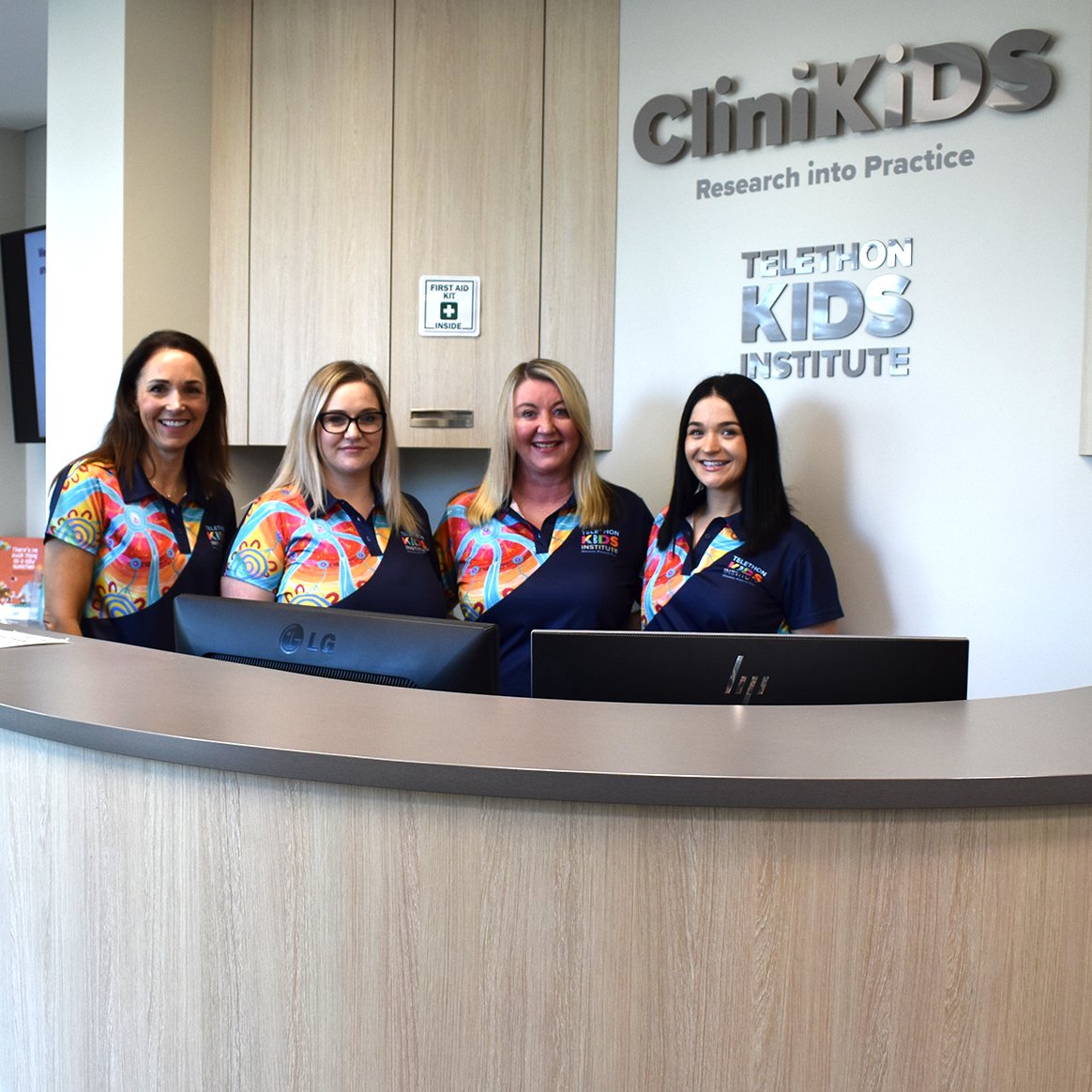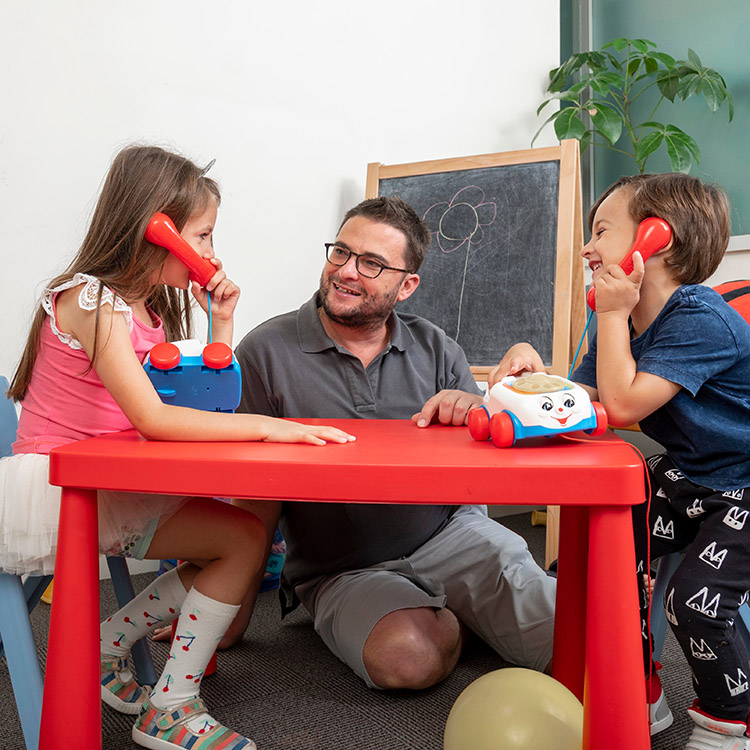Search

News & Events
Meet the Client Support TeamThe Client Support Team at CliniKids has some new faces! Nicki and Amy join our lovely Tracy.

Our team is comprised of well experienced clinicians who can support your child and family.

Meet the ambassadors for Embrace.

News & Events
Aboriginal researchers recognised at multiple awards nightsAboriginal researchers from The Kids Research Institute Australia have been recognised for their contributions to their communities at multiple awards ceremonies over the weekend.

News & Events
Community comes together for parenting programEmbrace researchers have begun development of a parenting program that is specific to the needs of Aboriginal and Torres Strait Islander people.

News & Events
Engaging youth at the Albany Pride 2025 Fair DayAssociate Professor Yael Perry and project coordinator Holly Moss reflect on their experiences attending the busy annual event.

News & Events
Embracing the Mind podcast returnsEmbracing the Mind's third season will focus on women's wellbeing, exploring reproductive health, neurodiversity, and the changing face of healthcare in Australia.

News & Events
Community comes together for Healing TreeGo Cultural's Walter McGuire starts the Smoking Ceremony.

News & Events
Embracing the Mind podcast returns for season twoDr Alix Woolard is the host of the Embracing the Mind podcast.
